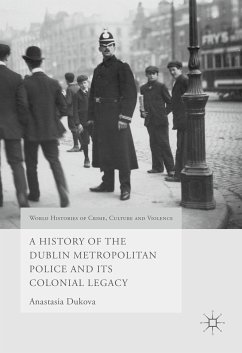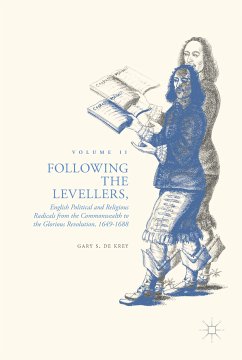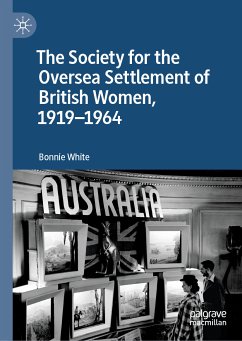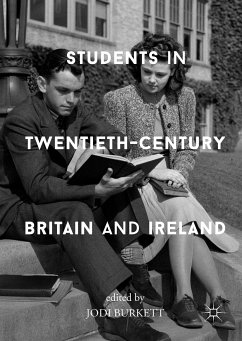
A History of the Dublin Metropolitan Police and its Colonial Legacy (eBook, PDF)
Versandkostenfrei!
Sofort per Download lieferbar
48,95 €
inkl. MwSt.
Weitere Ausgaben:

PAYBACK Punkte
24 °P sammeln!
This book illuminates the neglected history of the Dublin Metropolitan Police - a history that has been long overshadowed by existing historiography, which has traditionally been preoccupied with the more radical aspects of Irish history. It explores the origins of the institution and highlights the Dublin Metropolitan Police's profound influence on the colonial forces, as its legacy reached some of the furthest outposts of the British Empire. In doing so Anastasia Dukova provides much needed nuance and complexity to our understanding of Ireland as a whole, and Dublin in particular, demonstrat...
This book illuminates the neglected history of the Dublin Metropolitan Police - a history that has been long overshadowed by existing historiography, which has traditionally been preoccupied with the more radical aspects of Irish history. It explores the origins of the institution and highlights the Dublin Metropolitan Police's profound influence on the colonial forces, as its legacy reached some of the furthest outposts of the British Empire. In doing so Anastasia Dukova provides much needed nuance and complexity to our understanding of Ireland as a whole, and Dublin in particular, demonstrating that it was far more than a lawless place ravaged by political and sectarian violence. Simultaneously, the book tells the story of the bobby on the beat, the policeman who made the organisation; his work and day, the conditions of service and how they affected or bettered his lot at home and abroad.
Dieser Download kann aus rechtlichen Gründen nur mit Rechnungsadresse in A, B, BG, CY, CZ, D, DK, EW, E, FIN, F, GR, HR, H, IRL, I, LT, L, LR, M, NL, PL, P, R, S, SLO, SK ausgeliefert werden.












